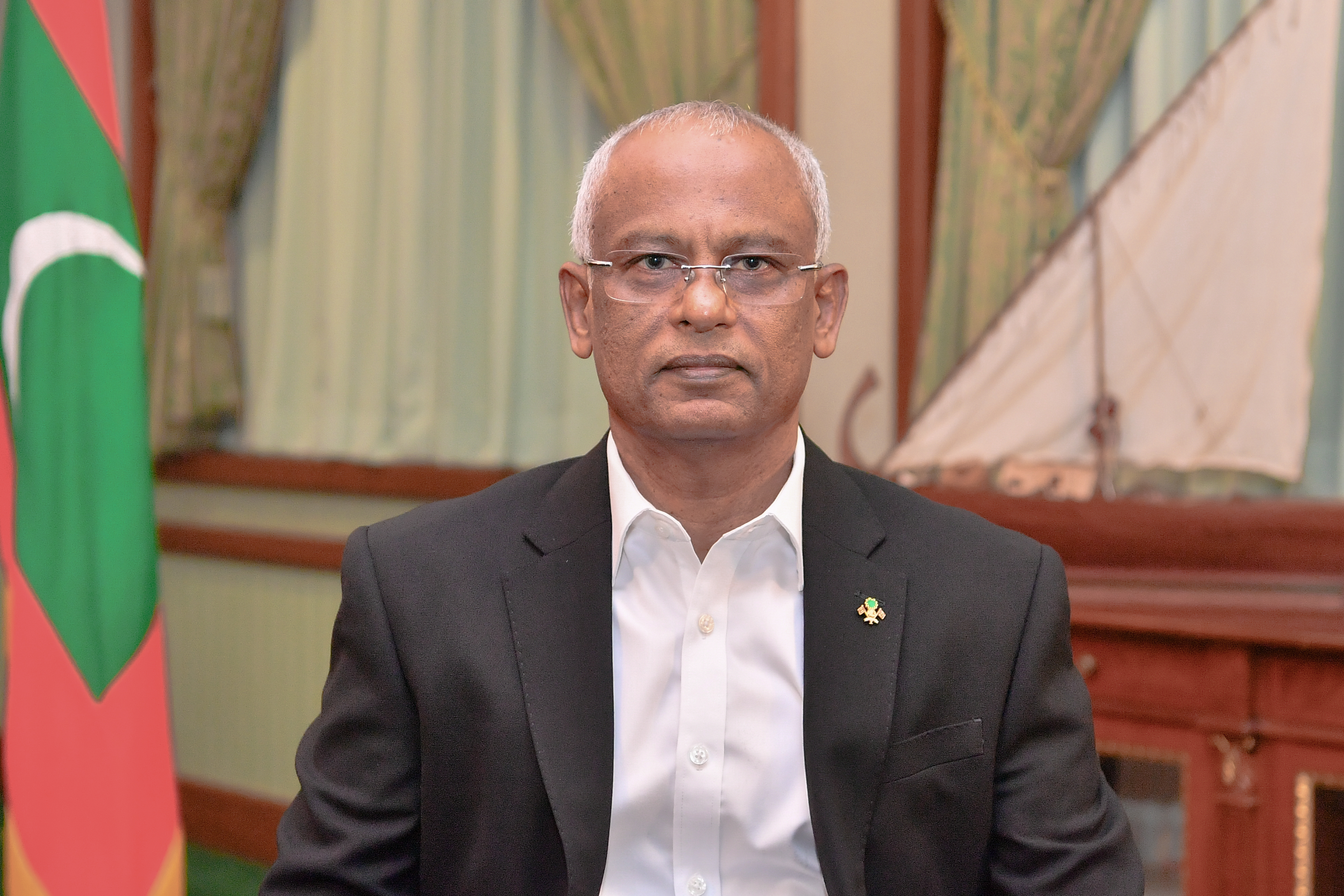Male’, Maldives – President Ibrahim Mohamed Solih has raised concerns over the increasing plastic pollution of the seas.
At the Summit, President Solih stated that the Maldives takes its climate commitments seriously, and that the country will continue to engage with global partners to preserve biodiversity and address the climate emergency, which continues to endanger the planet as a whole.
He also added that this is why Maldives presented its Climate Resilient Island Initiative on the sidelines of the 74th General Assembly last year, said the President Solih. He explained that this initiative provides a model that other small island states can use to develop sustainability, by conserving eco-rich areas, phasing out single-use plastics, and rapidly transiting to renewable energy.
He also shed light on the county’s ongoing partnership with the Blue Prosperity Coalition, which is a global alliance of ocean experts dedicated to growing blue economies and preserving the ocean’s health. The Maldives has been working with the coalition to conduct scientific expeditions that will inform the country’s blue economic policies and maritime spatial plans going forward, so that development does not compromise the county’s natural assets.
The President also expressed deep concerns due to excessive plastic pollution, especially in the ocean. He cited the alarming fact that over 8 million tonnes of plastic end up in the ocean every year. He explained that such concerns are what led Maldives to become a founder and co-chair of the Group of Friends to Combat Marine Plastic Pollution, and why the administration is committed to delivering on its pledge to phase out single use plastic by the year 2023.
While concluding, the President called on all to be more respectful towards nature, and to heed a key lesson of this pandemic and said that “Covid-19 is a zoonotic disease to which humanity was exposed by our continued disrespect for nature’s boundaries”. He stressed that if we do not do right by our earth and become better stewards of nature’s gifts, we will face similar and possibly worse consequences in the future.





